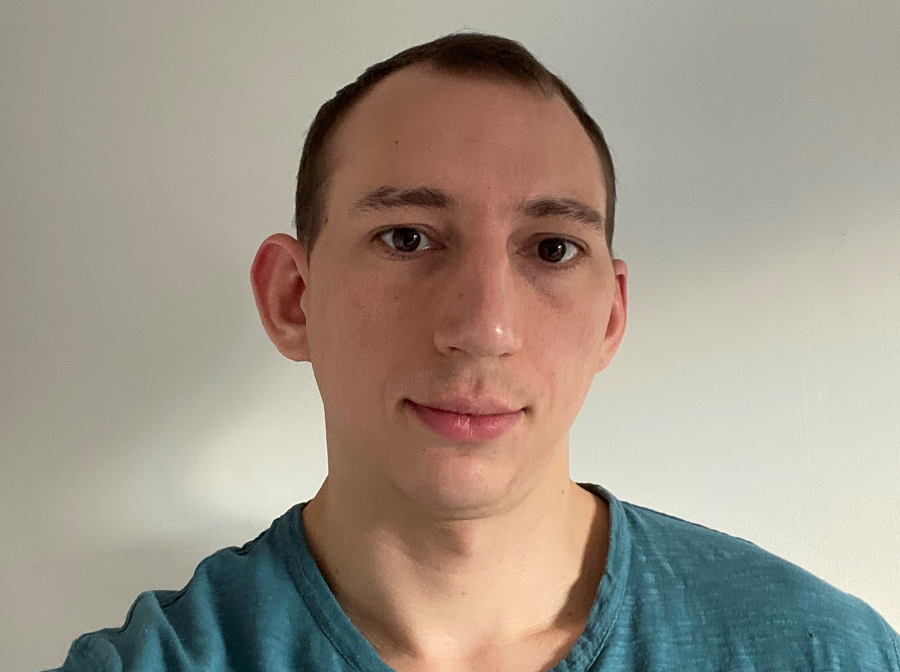Matthew Wassall (Health and Society)
PhD student Matthew explains why he chose to continue his studies at Salford, and how the support he's received has helped him to progress his research.
Deciding to do a PhD
I embarked on my academic journey at the University of Birmingham with a degree in mechanical engineering. Once graduated, I moved into industry working for GKN and Rolls-Royce Aerospace as a development engineer. Eager to take my career to the next step, I decided to undertake a master's in mechanical engineering part-time at Aston University. The master's had a large focus on biomechanical engineering, which engaged my interest in the field as well as developed my desire to pursue a research career. The Centre for Doctoral Training (CDT) in Prosthetics and Orthotics at the University of Salford was the perfect opportunity for me to move fields and get into research.
Choosing Salford
The University of Salford has some of the best prosthetic and orthotic research in the country, with excellent links to industry and international collaborators. The CDT in Prosthetics and Orthotics was the perfect opportunity for me as it offered training in the field before the PhD project, which, as I was changing disciplines, was exactly what I was seeking.
Salford, and Greater Manchester as a whole, is also a great place to live, with all the amenities of a city but only a short journey to the Peak and Lake Districts. All this combined made the University of Salford the perfect place for me to study for my PhD.
A supportive research community
The School of Heath and Society and the Centre for Human Movement and Rehabilitation have an amazing research community, with a range of expertise and facilities that ensure you can always find support to help progress your research. I’ve also had the amazing opportunity to present at international conferences and have been encouraged to apply for funding to further my research after my PhD.
The University of Salford in general is a great place to do a PhD. There is always training available to develop your skills and the annual SPARC conference is great to practice presenting and learn about all the other research done at the University.

"It’s a university where you feel helped and encouraged to excel rather than being expected to. There's a great atmosphere of support at Salford, and you feel able to mould your research in ways that best suit your skills and interests."
Matthew Wassall
Future plans
I want to pursue a career in healthcare research which the University and my supervisors have really helped me progress towards. There have been opportunities to collaborate on different projects at Salford and with external partners. The University puts on lecturer training courses, and I'm now lecturing on a module. I’ve also been involved in the organising of a research group as I was asked to be the PGR representative for the research group management committee.
All of these things have been brilliant for me to develop the skills required to have a career in research. But the networking opportunities, by attending conferences and other external academic events, have been most vital for my career progression and the University has been very supportive and encouraging for me to have these opportunities.
